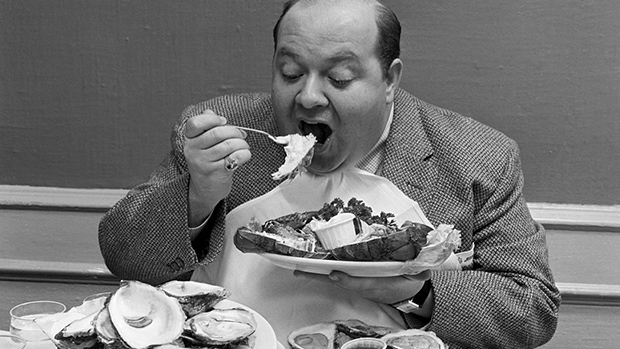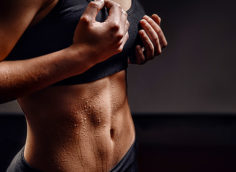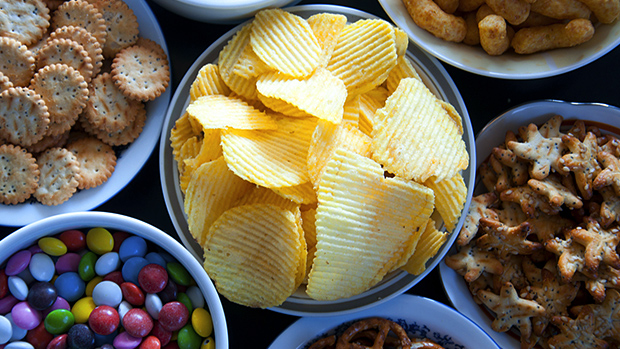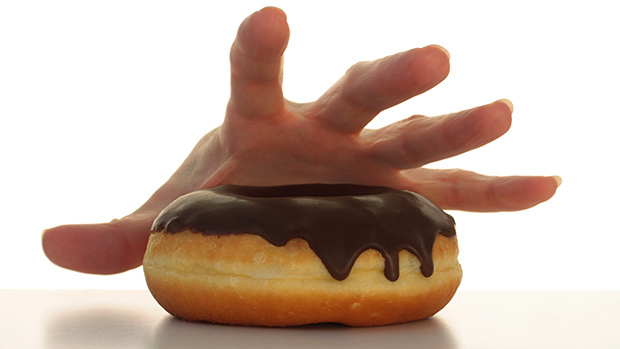"Eat fattening foods if you want, but you have to eat them while standing naked in front of a mirror." That tidbit of diet advice has been floating around for at least 50 years. Some would call it "fat shaming" these days, but fat shaming does tend to work if you do it to yourself. Ask any former fat person. But what does science say?
The Study
Researchers out of the University of Central Florida recruited 185 people to sit in a room and eat. They could choose between chocolate cake or fruit salad. Sometimes the room had a mirror in it, sometimes it didn't. All the subjects were told they were participating in a simple taste test. The researchers didn't mention the mirror.
The Results
Subjects who chose the chocolate cake rated the taste as delicious, naturally, but ONLY if they ate in a room without a mirror. Subjects who chose the cake and ate it in a room with a mirror rated it as less tasty, and they didn't eat as much of it either. The fruit salad eaters weren't affected one way or the other by the presence of the mirror.
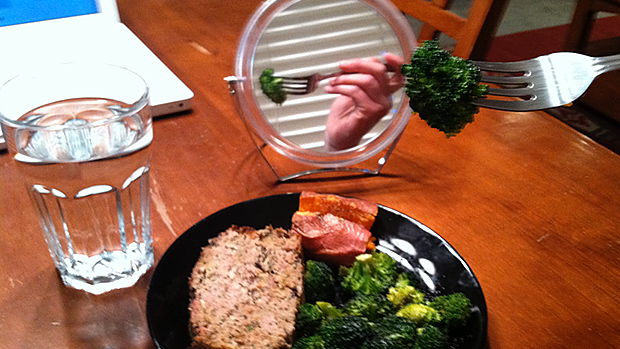
What's Going On Here?
"A glance in the mirror tells people more than just about their physical appearance. It enables them to view themselves objectively and helps them to judge themselves and their behaviors in a same way that they judge others," said researcher Ata Jami.
In short, the mirror did two things: First, it provided a reality check: "Yep, there I am, a chubby guy eating cake. Crap, I know better." In other words, the mirror enhanced discomfort, made them feel a little guilty, and perhaps even "shamed" them a bit.
Second, the mirror caused them to view their behavior subjectively, almost like an outsider looking at a stranger. Other studies have shown that while we have a tough time making the best decisions for ourselves, it's pretty easy to make the right decisions for other people. The mirror basically made the cake eater into "other people."
Add these two things together and the cake didn't "taste" as good. As a bonus, it was also a little easier to stop eating it.
Application: Creepy and Not So Creepy
Now, the researchers came to kind of a nanny-state conclusion. It would be a swell idea to place mirrors in dining halls and restaurants to "nudge" people into making better choices, they surmised. Sure, most people are getting fatter these days, but this psychological manipulation of the masses is a bit Orwellian.
That said, for individuals really trying to get a handle on their diets, it could be a useful tactic. The fact that "bad" foods taste delicious makes them tough to give up. Set a mirror nearby and the junk food won't seem as tasty. It may also improve decision making because it forces your brain into third-person mode. And you know that guy in the mirror needs to lay off the cheesy puffs.
Bonus Nerdy Stuff: Your Surroundings Affect Flavor
This is somewhat related to another interesting phenomenon: your surroundings affect your perception of a food's flavor. That meal you had at the fancy restaurant overlooking the ocean while on vacation will "taste" better than the exact same food would if you ate it while standing up in your own dirty kitchen at home.
Likewise, if you're attracted to your dinner date, the food will be perceived as better tasting. Lesson: Eat your less-tasty health foods in a beautiful setting while sitting in front of an attractive person you want to bonk. You'll enjoy the healthy fare more and it'll get easier to avoid the chocolate cake.
Reference
- Cornell Food & Brand Lab. "Healthy reflections: Mirrors can make unhealthy foods less tasty." ScienceDaily, 17 December 2015.
